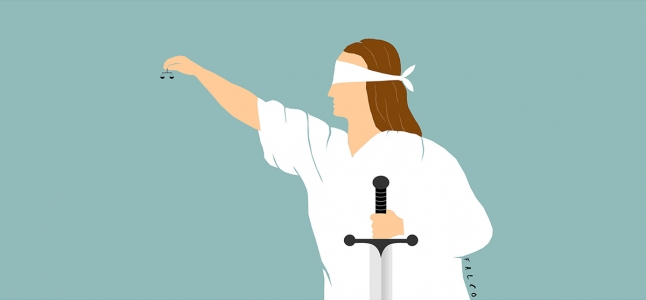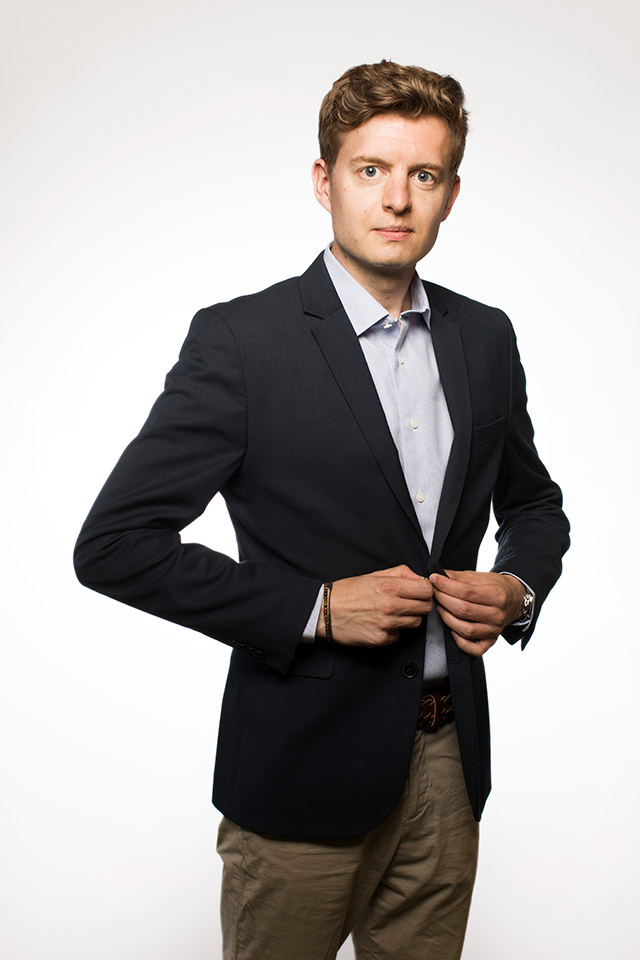We all need relationships with others to love, to be safe, to earn a living, to learn, to plan, and to be healthy and happy. Because we are human, these relationships can sometimes deteriorate or even break down. That’s when we need a good relationship management system. Which is what a good justice system should be and that’s why access to justice is so terribly important. We must therefore be thankful that 193 heads of government adopted Sustainable Development Target 16.3 in 2015: to ensure equal access to justice for all.
My past lamentations on these pages have been that not much is happening around Sustainable Development Target 16.3. Not much in the way of structured data collection, which should be happening according to the agreement that cemented the Sustainable Development Goals. Not much in terms of convincing indicators, which is critical for progress. Not much in terms of financing, without which not much will happen. In the meantime, what evidence we have shows that justice systems, all over the world, are seriously underperforming.
Most countries, ministries, judiciaries, bar associations, and often academia continue to produce a lot of user-unfriendly justice. With that I mean justice that is hard to access, hard to understand, not very efficient, and not very effective. In my January column, I provided some data about what I have begun to call the global access to justice gap. It affects more people in the world than some of the big diseases like malaria, HIV and tuberculosis with nasty things like violence, loss of livelihood, seriously damaged relationships, and health problems.
It will take a similar effort as the world took to deal with the big diseases: sustained political and operational commitment, sustained data about the problem and what’s working to solve it, and sustained funding at sufficient levels. Both at the international and national levels. I can’t say that we are there yet. But a couple of things are happening that will make it more likely that something will finally start happening around SDG 16.3.
In February an international Task Force on Justice was set up and had its first meeting in Buenos Aires. It is part of a wider initiative called Pathfinders for Peaceful, Justice, and Inclusive Societies. The Task Force brings together a group of governments, international organisations, and civil society organisations around making SDG16.3 something real and tangible. Sierra Leone, Argentina, and The Netherlands, preside, all at ministerial level. Amongst its members are two members of the Justice Leadership Group and two members of The Elders. As part of its work, the Task Force on Justice will assess the scale and impact of what we have come to call the justice gap: the fact that an unacceptable amount of people lack access to justice. This is detrimental for people, causing significant harm and affecting more people than some of large global diseases like malaria and tuberculosis. It also has significant economic effects: business in particular SMEs, are held back from their potential without protection by the law. Lastly, it creates a large accountability gap: if rules that are promulgated cannot be invoked, governance deteriorates very quickly.
There is involvement from experts from the World Bank, OECD, the Open Society Foundation Justice Initiative, Namati, the World Justice Project, and my own organization, HiiL. For the first time, the Task Force will quantify the costs of injustice and the benefits of investing in justice. This business case will demonstrate the urgency of increasing funding to deliver SDG16.3 (access to justice for all) and related targets for justice. It will show the crosscutting importance of justice to achieving global goals for people, prosperity, peace and planet.
The outcomes of the Task Force of Justice process will be shared iteratively the coming year, through a number of events. Keep your eyes out for this. This process can be a game changer.


